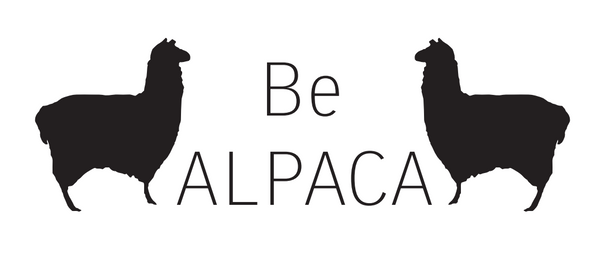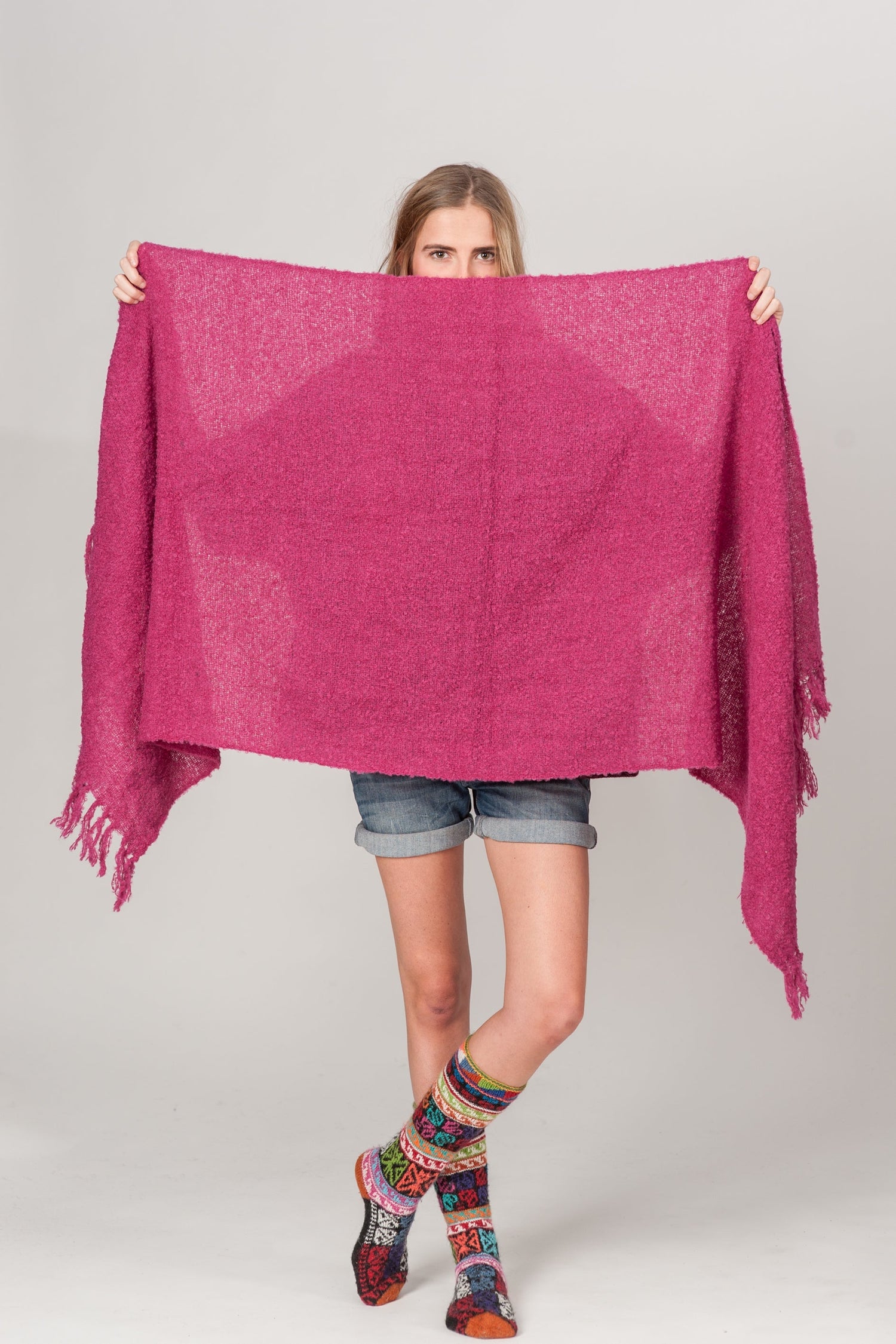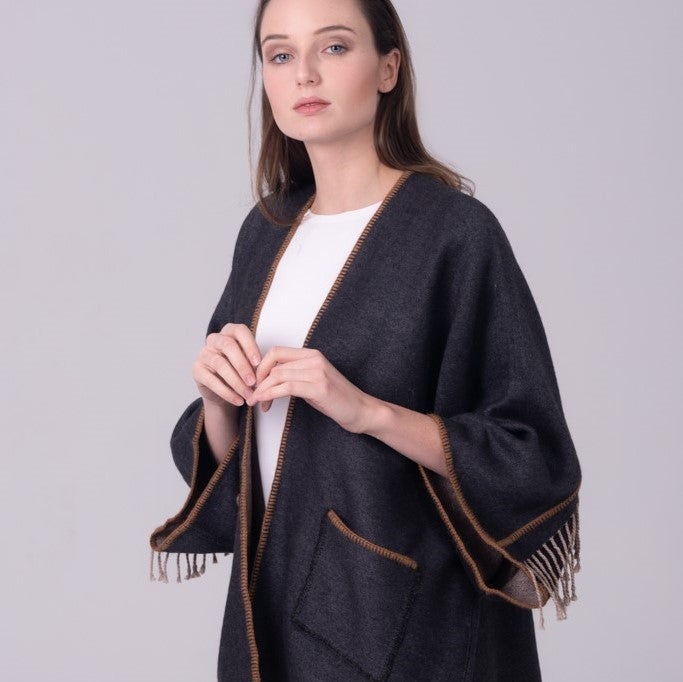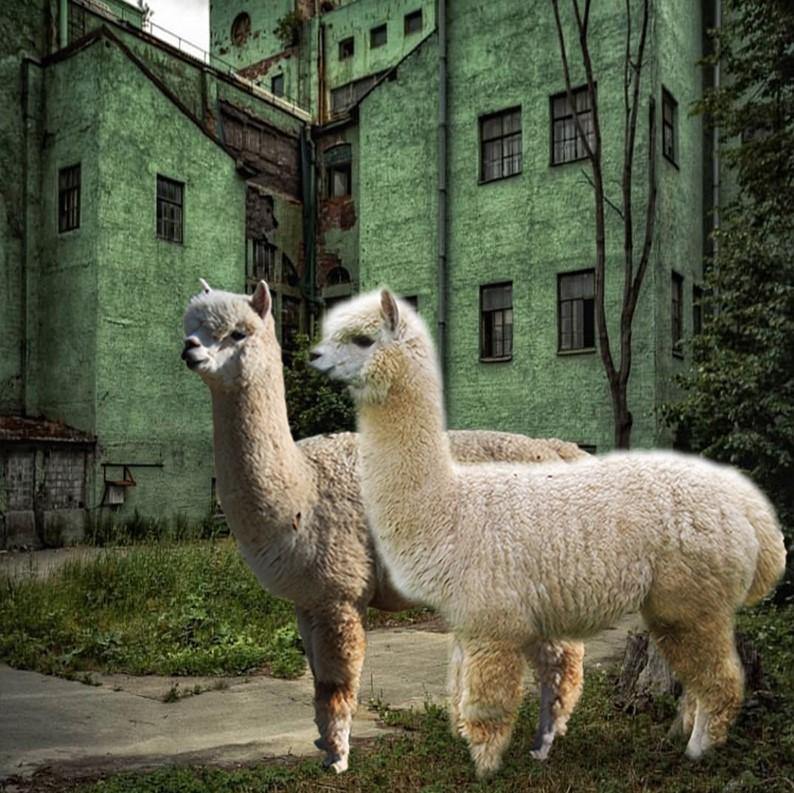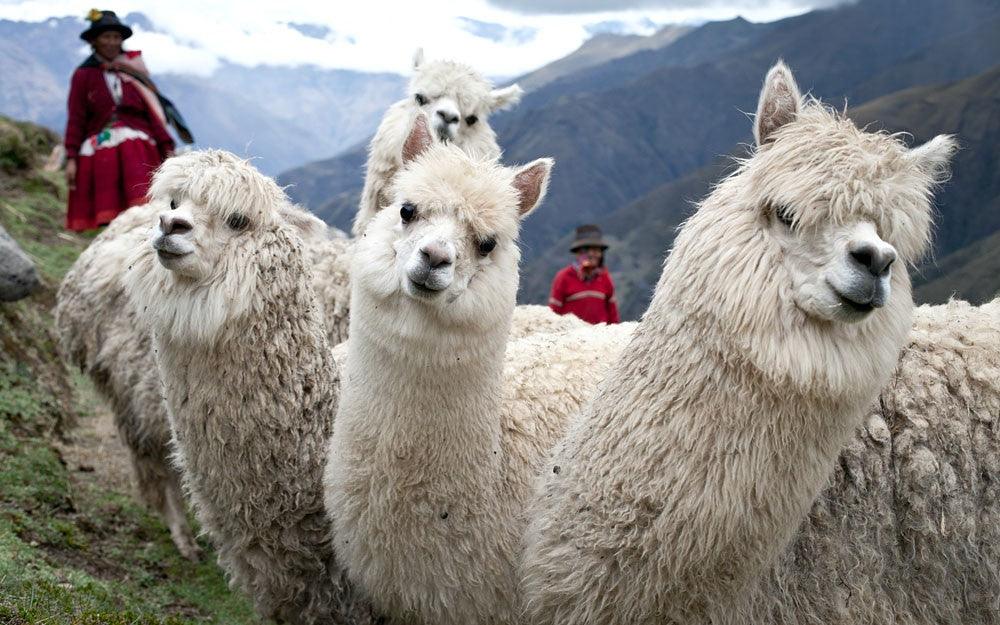
Why is alpaca wool sustainable? 10 reasons
Share
Here are 10 reasons why alpaca wool is sustainable:
- It is renewable: Alpaca wool is a renewable fiber, since alpacas produce wool every year.
- It does not harm the environment: Alpacas do not have hard hooves like Cashmere goats, so they do not cause damage to the ground while they graze.
- Does not require large amounts of water: Alpacas do not need large amounts of water to maintain themselves and their wool does not require a large use of water in its production process-
- It is biodegradable: Alpaca wool is biodegradable, which means that it will degrade naturally over time and will not harm the environment.
- Does not require pesticides: Alpacas have fewer parasite and disease problems than other livestock species, so they do not require pesticides or medications that can contaminate the environment.
- Does not require large amounts of food: Alpacas are small animals and do not require large amounts of food to maintain themselves, which means that their carbon footprint is lower.
- Contributes to sustainable development: The production of alpaca wool can be an important source of income for rural communities, which can contribute to the sustainable development of these areas.
- Help preserve an ancient breed: The production of alpaca wool helps preserve an ancient breed and its associated culture.
- It is durable and resistant: Alpaca wool is a durable and resistant fiber, which means that garments made from this fiber will last longer and reduce the need to buy frequently.
- It's versatile: Alpaca wool is versatile and can be used for a variety of garments, from outerwear to bedding, making it a sustainable option for multiple uses.
Get to know our products in our Be ALPACA store
